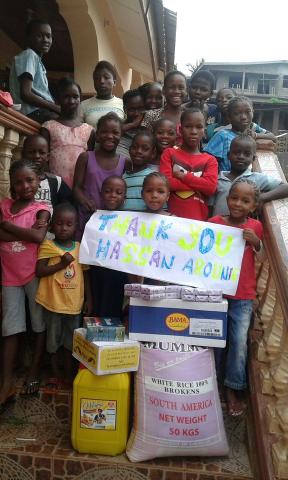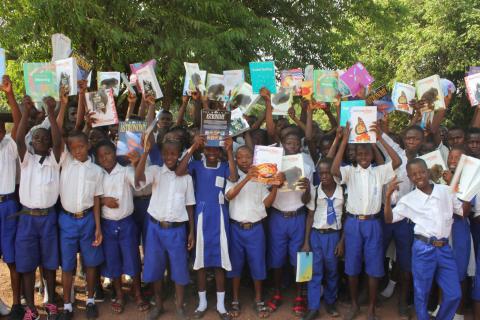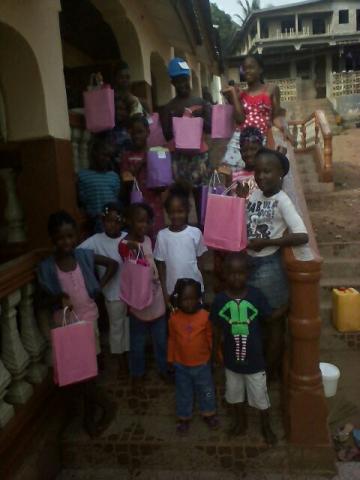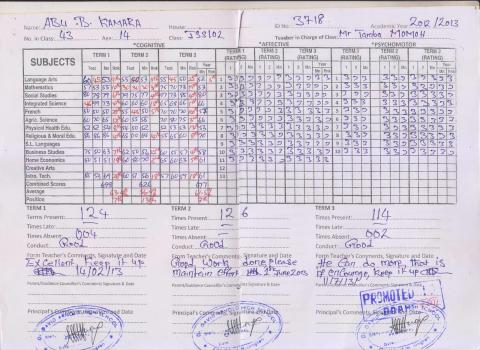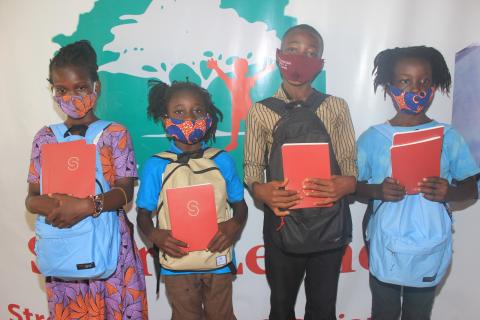Looking For Candidates to Lead Africa into the Future? Look No Further!
West African governments are facing a deluge of obstacles that are hindering economic stabilization. The Centers for Disease Control and Prevention (CDC) have estimated that over 11,300 deaths in Guinea, Sierra Leone and Liberia were caused by the Ebola virus. Although the World Health Organization (WHO) has recently declared all three of these countries free of the Ebola virus, the widespread casualties have left an urgent need to provide food and shelter for thousands of orphaned children.

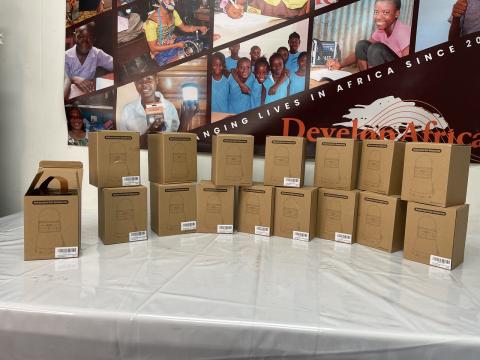
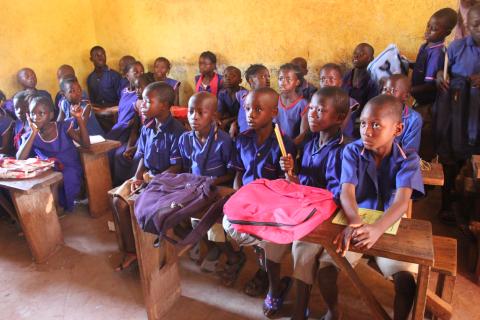
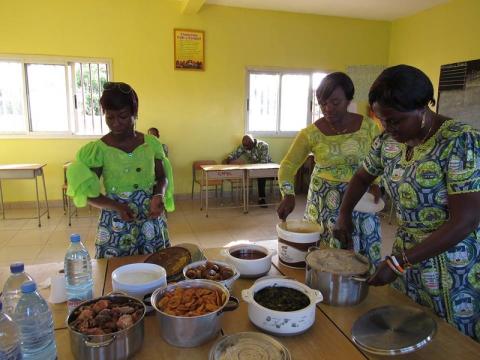
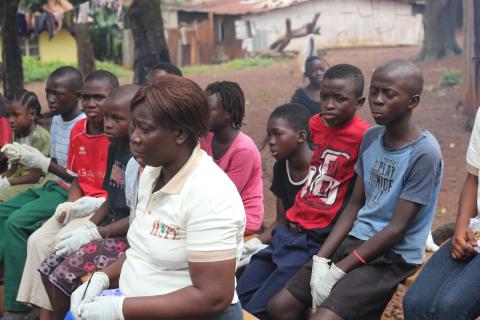
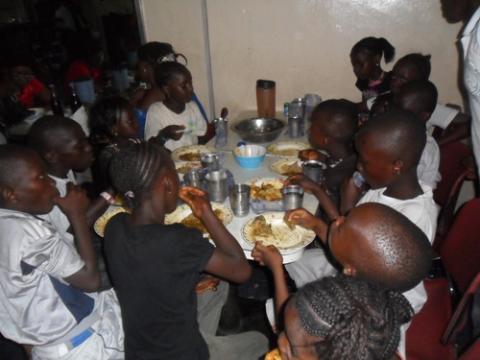
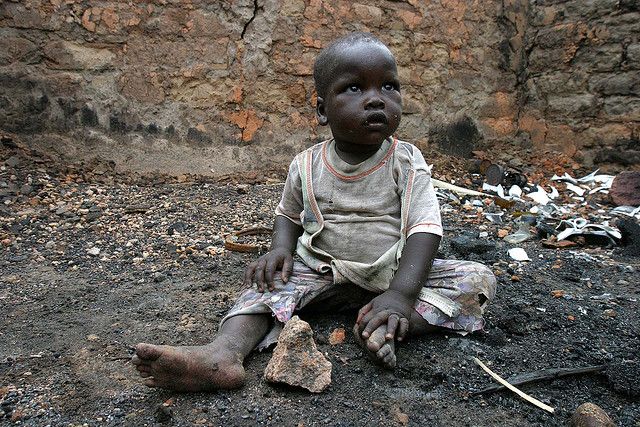 Imagine the loneliness, fear and anxiety of not knowing what tomorrow holds, of not feeling cared for, accepted or even wanted by anyone. This is the reality of an Ebola orphan.
Imagine the loneliness, fear and anxiety of not knowing what tomorrow holds, of not feeling cared for, accepted or even wanted by anyone. This is the reality of an Ebola orphan.